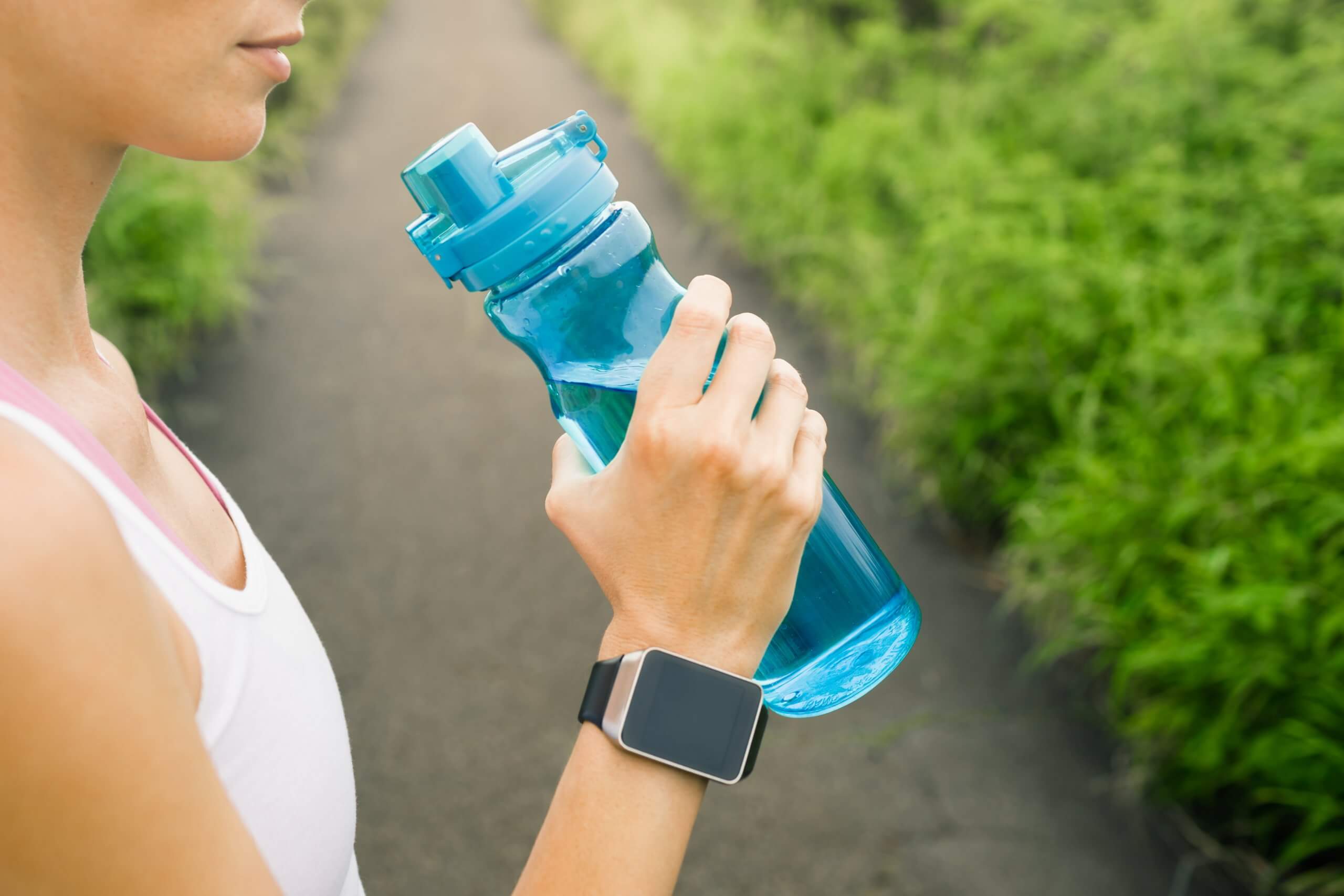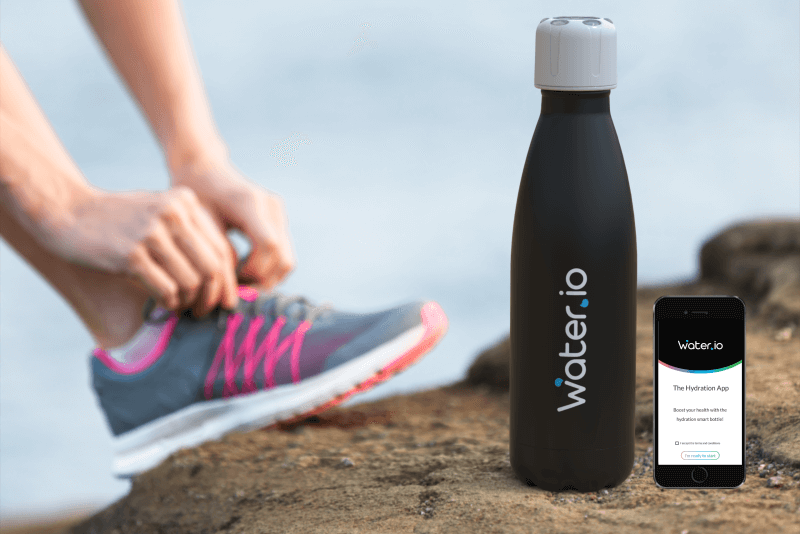Since the industrial revolution, our economy has been built on the take-make-waste model of a linear economy. This model is one that cannot sustain growth forever, and as brand owners become more aware of the impact production and consumption is having on the environment, many are moving towards a new and more sustainable way of doing business. The circular economy.
What is the Circular Economy?
The circular economy is a new way of doing business that moves away from using finite resources and tries to eliminate waste from the system. The core ideas of the circular economy are:
- Reduce waste and production
- Keep products and materials in use for longer
- Regenerate natural systems
How Brands Are Moving Towards Circular Practices
Over the last month several big brands have announced new initiatives to embrace the circular economy. Examples include:
Pepsico’s Recycling Initiative
Pepsico has joined a new digital watermark initiative which it hopes will drive recycling in Europe. The consortium, called the Holy Grail will trial digital watermarks on product packaging. These watermarks can be scanned at waste plants, making it easier to sort packaging into the right recycling stream.
Microsoft’s Partnership with Eon
Microsoft has partnered with Eon to support an Internet of Things clothing initiative. Eon’s IoT platform is powered by Azure and the company aims to give every garment a digital identity. In theory, by tagging garments, consumers can not only test their look in digital fashion apps, the garments can also be rented out, re-sold, or distributed via peer-to-peer exchanges, giving every garment a longer useful life.
CEFLEX’s New Flexible Packaging Consortium
CEFLEX is a European consortium of companies that are working together to drive the circular economy by increasing the use of flexible packaging. The consortium wants to reduce waste, use resources more efficiently and promote sustainable, recyclable, flexible packaging. It also aims to address common problems with “alternative packaging” so that consumers can depend on sustainable packaging not to leak or lead to damaged products.
Big Names Join the U.S. Plastics Pact
The U.S. Plastics Pact brings together companies, NGOs and government entities along with researchers and others who are interested in sustainability in a pre-competitive platform that aims to support industry-led innovation. The company has some big names on board already.
One of the most recent brands to join the pact is cosmetic company L’Oreal, who has already launched its own “L’Oreal for the Future” sustainability program. It joins a long list of brands and retailers who are looking for ways to reduce plastic use and waste, and find scalable solutions to meet customer demand while protecting the planet.
If the product can be packaged in cardboard, use 100% recycled cardboard and encourage your customers to recycle the cardboard every use.
The Circular Economy is The Future
The circular economy may still seem like a novel idea to some, however, it is something supply chain professionals are becoming increasingly interested in.
Raw materials shortages are something that can impact any form of consumer packaged goods; whether that’s coffee shortages from droughts, or textile demand changing due to the increased need for PPE during the COVID-19 pandemic. Even the supplements industry is not immune to issues. Whey protein may be produced as a byproduct of the dairy industry, but there have been periods of high demand and production issues that have sent whey protein isolate prices skyrocketing in the past.
Supply chain professionals are looking for ways to make their individual industries more sustainable and stable, and the circular economy is one good example of how this can be achieved. A recent study from Gartner reports that the circular economy is here to stay, and that over the next two years more companies will make changes to their packaging and supply chains.
If you produce supplements, nutrition products or other fitness-related goods, it’s likely that your target audience is people who are switched on when it comes not just to their health, but the health of the planet. You cannot afford to ignore sustainability. Now is the time to look at ways to reduce waste in your own supply chains, promote re-use, and take steps to show the world you are an ethical brand. Check out our blog about how to make your nutritional supplement brand sustainable here.





